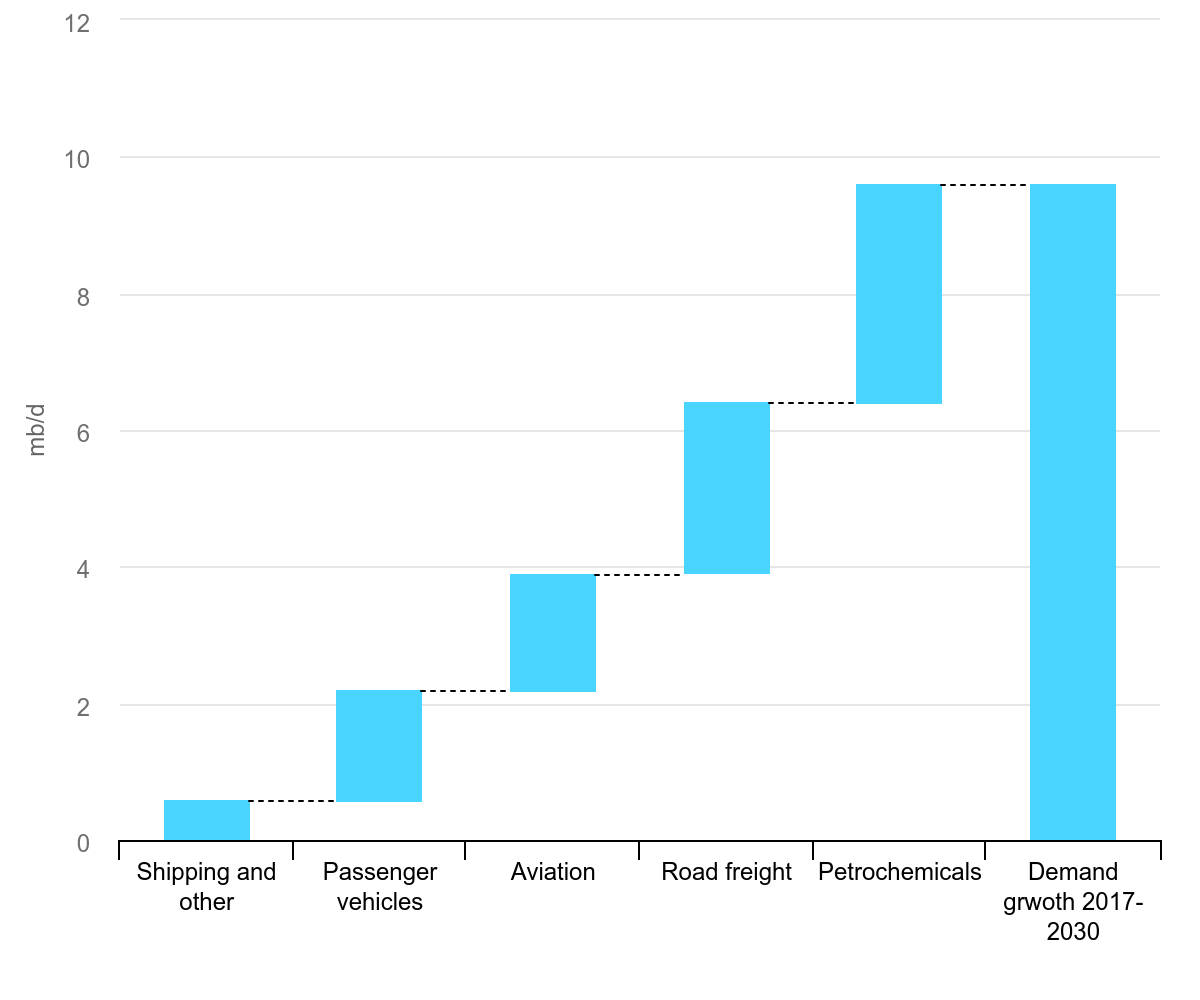
As we observe World Environment Day 2025, the theme #BeatPlasticPollution serves as a critical reminder that plastic pollution is not just an environmental challenge in and of itself, but is also a significant contributor to climate change. The entire lifecycle of plastic—from extraction to disposal—contributes substantially to global greenhouse gas (GHG) emissions, undermining efforts to mitigate climate change.
The Carbon Footprint of Plastic Production
The polymerization and manufacturing of plastics are major sources of GHG emissions. According to the OECD, in 2019, the global production and incineration of plastic generated approximately 1.8 gigatons (Gt) of GHG emissions, accounting for about 3.4% of global emissions. Notably, 90% of these emissions originated from the production and conversion stages, which are highly energy-intensive and heavily reliant on fossil fuels.

GHG emissions produced along the lifecycle of fossil fuel-based plastics, 2019. OECD.
Plastic production is also problematic as it drives a persistent demand for fossil fuels. The International Energy Agency (IEA) has forecasted that petrochemicals, including plastics, will account for more than a third of the growth in oil demand by 2030, and nearly half by 2050, surpassing sectors like aviation and shipping. This serves as a warning: if plastic production continues to rise, it will become increasingly difficult to mitigate emissions associated with fossil fuel consumption.

Oil demand growth by sector, 2017-2030. IEA.
A 2019 report by the Center for International Environmental Law (CIEL) predicted that without intervention, emissions from the plastic lifecycle could reach up to 2.8 billion metric tonnes of CO2e, per year, roughly the same as 615 500-megawatt coal power plants.

Annual Emissions from the Plastic Lifecycle, 2019-2030. CIEL.
The Lifecycle of Plastics and Upstream Emissions
Moreover, studies suggest that emissions from the entire lifecycle of plastics may be even higher, as Scope 3 emissions—including those from fossil fuel extraction and end-of-life emissions—are often underestimated.
Plastic is inherently derived from fossil fuels, with most global plastic production relying on petrochemicals sourced from oil and natural gas. Consequently, the lifecycle of plastic begins with the extraction of fossil fuels, such as oil and natural gas, which involves processes like drilling, transportation, and refining. Not only are these stages energy-intensive, they also may release significant amounts of methane—a potent GHG—into the atmosphere. However, data on upstream emissions from plastics often lacks transparency or consistency, leading to the potential underestimation of emissions from the petrochemical industry.

Diagram depicting the sources of GHG emissions derived throughout the plastic lifecycle.
End-of-Life Disposal and GHG emissions
The end-of-life disposal of plastics also contributes significantly to GHG emissions. Plastics are essentially solidified hydrocarbons made from fossil fuels. Approximately 70% of the fossil fuels used in plastic manufacturing are converted directly into plastic molecules as feedstock. The carbon fixed in these molecules is eventually released into the atmosphere as CO₂ when the plastic is incinerated or decomposed.
Approximately 19% of plastic waste is incinerated, releasing significant amounts of CO₂ into the atmosphere. Additionally, plastic waste in landfills can emit methane and ethylene over time as it decomposes. Polyethylene, which is the most produced and discarded synthetic polymer globally, is a prolific emitter of both gases.
The Need for Action
Therefore, addressing plastic pollution is an imperative component of climate action. Reducing plastic production and consumption can lead to substantial reductions in GHG emissions.
In response to this urgent challenge, the United Nations Environment Assembly (UNEA) adopted Resolution 5/14 in March 2022, mandating the development of a legally binding global treaty to end plastic pollution. This treaty aims to cover the entire lifecycle of plastics—from design and production to consumption and disposal.
Negotiations toward this treaty have been ongoing through the Intergovernmental Negotiating Committee (INC). The fifth session (INC-5.1) held in Busan, South Korea, in 2024, but the treaty has yet to be finalized. Consequently, the second part of the fifth session (INC-5.2) is scheduled for August 2025, in Geneva, Switzerland. Key issues under discussion include reducing plastic production, regulating harmful chemicals in plastics, and ensuring support for implementation in developing countries.
To effectively combat plastic pollution and address its critical climate impacts, we need ambitious action in the upcoming negotiations in Geneva.

Delegates at the fifth session of the Intergovernmental Negotiating Committee (INC) in Busan, South Korea in December 2024. SwitchAsia.
So, What Now?
By recognizing that the production of plastics significantly contributes to climate change and taking ambitious action to address the problem, we can make significant strides toward a sustainable and climate-resilient future. The upcoming INC-5.2 negotiations in Geneva present a critical opportunity to establish a robust global treaty that addresses the full lifecycle emissions of plastics. The theme #BeatPlasticPollution underscores the urgency of this endeavor.
This World Environment Day, let’s recommit to addressing the plastic problem, for the sake of our planet – it's the only one we’ve got.









